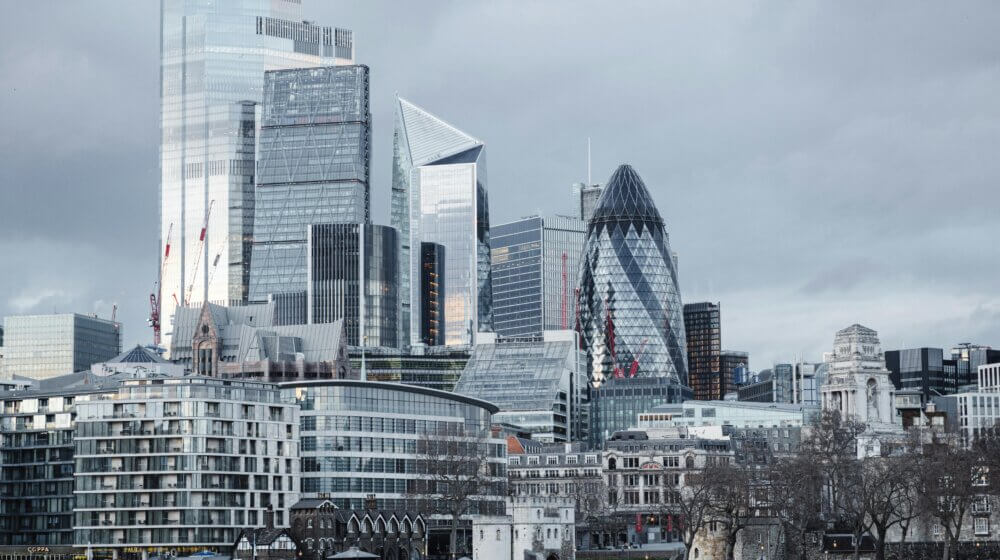
Using Company Money to Buy Out a Shareholder
There are many reasons why a shareholder might want to leave a company, but using company money is often the only way that the remaining shareholder(s) can afford to buy the leaver’s shares. This is perfectly possible, but it does need to be done correctly if it is to be effective and tax efficient.
A share buy-back?
The usual method adopted is for the company to buy back its own shares. It can do so if permitted by its articles of association (if not, change them!), the shares are fully paid-up, and the company has sufficient “distributable profits” (basically accrued profits that have not been paid out as dividends) to finance the repurchase.
Say, for instance, Mr Cherry and Miss Sprinkles are each 50% shareholders in ComboBakery Limited (‘CBL’). Mr Cherry wants to sell his shares but Miss Sprinkles cannot afford to buy them. There is no other suitable buyer. If CBL can afford to repurchase the shares and its shareholders approve, CBL can buy-back its shares. There are some formalities to observe under the Companies Act, and a written contract should be produced (in a fairly standard format) but, on completion, Mr Cherry’s shares are effectively cancelled and the issued share capital of CBL is adjusted so that Miss Sprinkles becomes the owner of all issued shares in CBL.
When do you pay?
The Companies Act requires CBL to pay Mr Cherry the full purchase price for his shares in cash on completion. If CBL lacks the cash, it can be borrowed, or the shares can be bought in tranches, but no part of the purchase price can be left outstanding.
Don’t forget the tax
Payments by companies to shareholders are normally treated as dividends and taxed accordingly. However, as Mr Cherry has owned his shares for over 5 years, he wants to get entrepreneurs’ relief. This requires CBL’s payments to be treated as capital, to which HMRC will generally agree provided that a prior tax clearance is obtained and certain conditions are met (such as CBL being an unquoted trading company, Mr Cherry’s shareholding being substantially reduced by the purchase, and the buy-back being for the benefit of the business). CBL must submit an application for clearance to HMRC accordingly, providing the required information.
Stamp Duty
After completion, filings must be made at Companies House and, if the purchase price exceeds £1,000, stamp duty at a rate of 0.5% will be also payable before the filings at Companies House.
Should you have any questions then please contact Jeremy Brockis on 01582 731161.
Disclaimer: General Information Provided Only
Please note that the contents of this article are intended solely for general information purposes and should not be considered as legal advice. We cannot be held responsible for any loss resulting from actions or inactions taken based on this article.
Insights
Latest Insights



Request a call back
We’ll arrange a no-obligation call back at a time to suit you.

